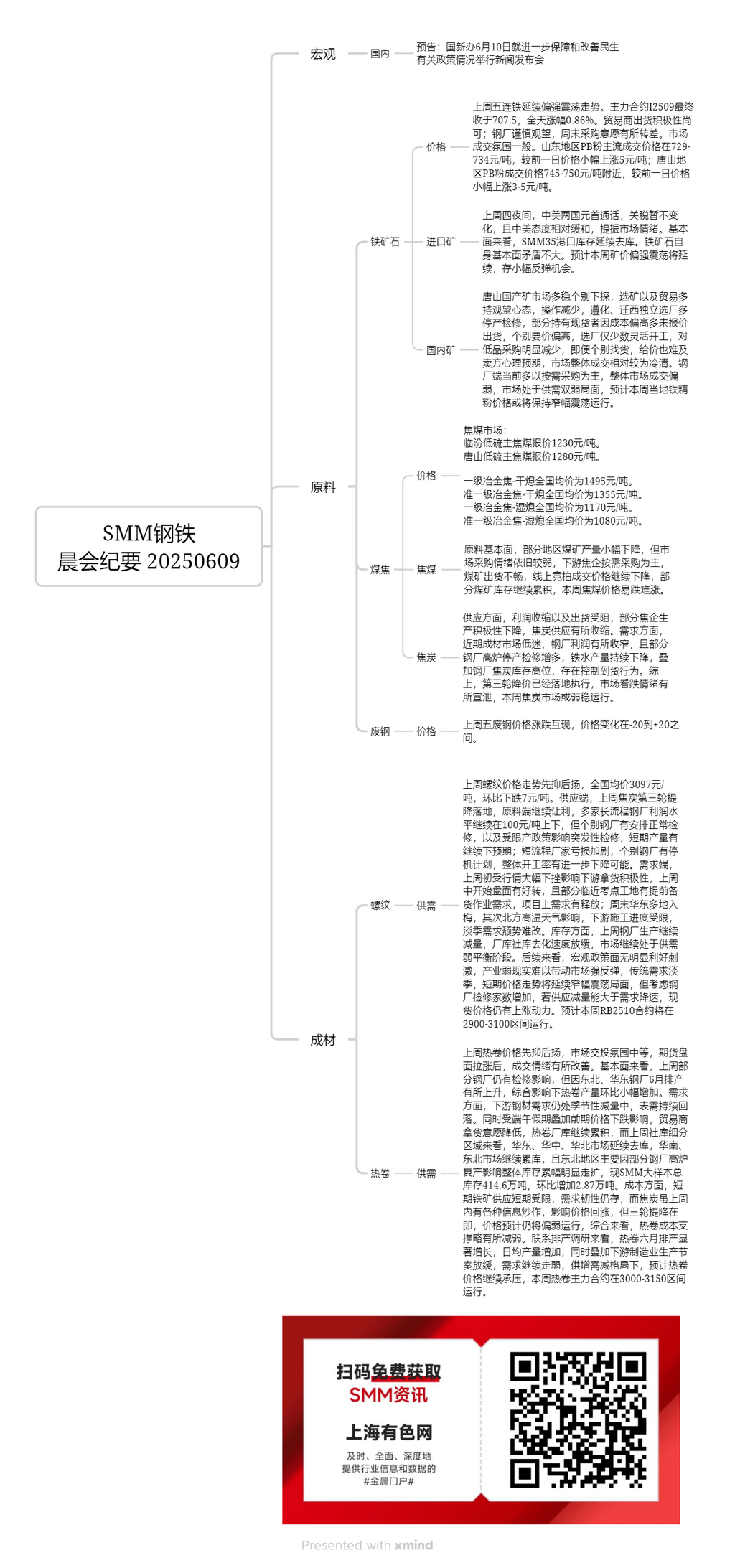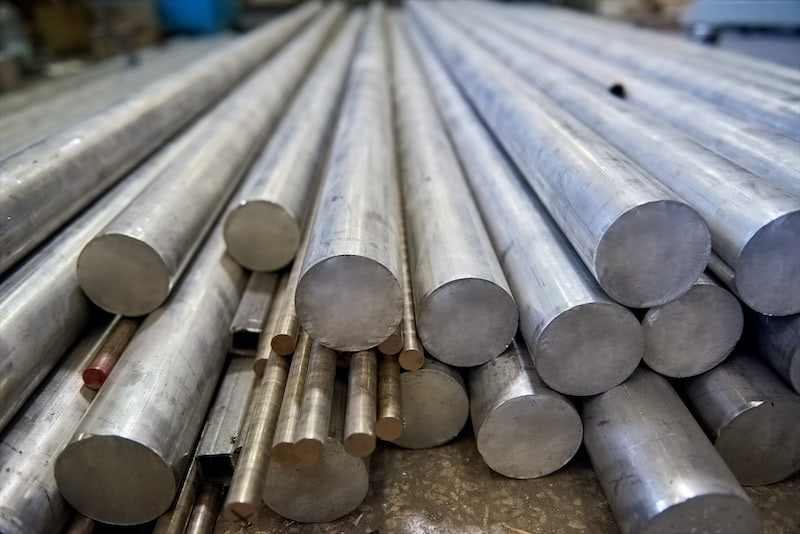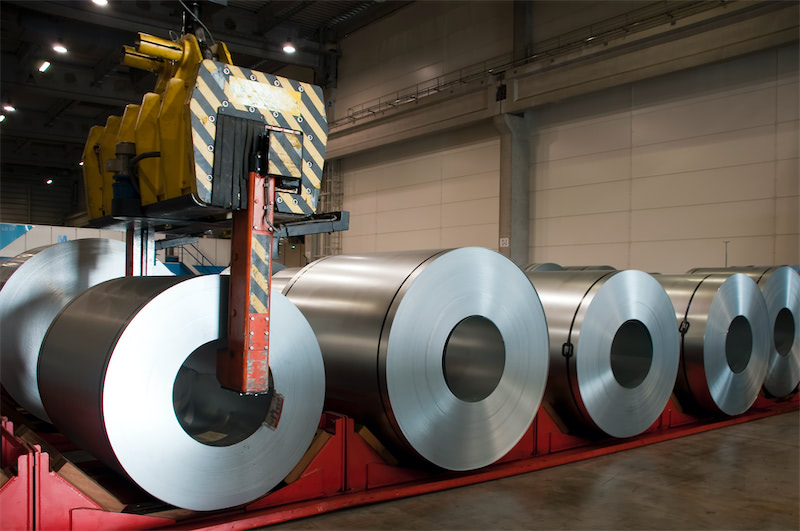 Domestic Ore:
Domestic Ore:
In the domestic ore market in Tangshan, prices were mostly stable with a few instances of decline. Beneficiation plants and traders largely maintained a wait-and-see sentiment, reducing their operations. Many independent beneficiation plants in Zunhua and Qianxi halted production for maintenance. Some holders of spot cargoes, due to high costs, refrained from quoting prices or making shipments. Those who did quote prices set them at high levels. Only a few beneficiation plants operated flexibly, significantly reducing their purchases of low-grade ore. Even when seeking ore, the prices offered were often below the psychological expectations of sellers. Overall, market transactions were relatively sluggish. Steel mills are currently focusing on purchasing as needed, leading to weak overall market transactions. The market is experiencing a situation of weak supply and demand. It is expected that local iron ore concentrate prices will continue to fluctuate rangebound this week.
Coking Coal:
In terms of the raw material fundamentals, coal mine production in some regions declined slightly, but market purchasing sentiment remained weak. Downstream coking enterprises primarily purchased as needed, resulting in poor sales for coal mines. Online auction transaction prices continued to fall, and some coal mines saw their inventories continue to accumulate. This week, coking coal prices are more likely to fall than rise.
Coke:
In terms of supply, due to profit contraction and hindered shipments, the production enthusiasm of some coking enterprises has decreased, leading to a contraction in coke supply. In terms of demand, the recent downturn in the finished steel market has narrowed steel mill profits. Additionally, an increase in blast furnace shutdowns for maintenance at some steel mills has led to a continuous decline in pig iron production. Coupled with high coke inventories at steel mills, there is a tendency to control arrivals. In summary, the third round of price reductions has been implemented, and the market's bearish sentiment has been somewhat alleviated. This week, the coke market may operate in the doldrums.
Rebar:
Last week, rebar prices first declined and then rebounded, with a nationwide average price of 3,097 yuan/mt, down 7 yuan/mt MoM. On the supply side, with the implementation of the third round of coke price reductions last week, raw material costs continued to decline, allowing many blast furnace steel mills to maintain profit levels around 100 yuan/mt. However, some steel mills arranged for normal maintenance and experienced sudden maintenance due to production restriction policies, leading to expectations of a continued decline in short-term production. Short-process manufacturers faced intensified losses, with some steel mills planning shutdowns, potentially leading to a further decline in the overall operating rate. On the demand side, early last week, downstream purchasing enthusiasm was dampened by a significant market downturn. However, starting mid-week, the futures market improved, and some construction sites near examination centers had a demand for advance stockpiling, leading to a release of project demand. Over the weekend, the plum rain season began in many parts of east China, and high temperatures in the north affected downstream construction progress, making it difficult to reverse the weak demand trend during the off-season. In terms of inventory, steel mill production continued to decrease last week, with the de-stocking speed of in-plant and social inventories slowing down. The market remained in a stage of weak supply-demand balance. Looking ahead, without significant positive stimuli from macro policies, the weak reality of the industry is unlikely to drive a strong market rebound. During the traditional off-season for demand, short-term price trends will continue to fluctuate rangebound. However, considering the increase in the number of steel mills undergoing maintenance, if the reduction in supply can outpace the slowdown in demand, there is still upward momentum for spot prices. It is expected that the RB2510 contract will trade within the 2900-3100 range this week.
HRC:
Last week, HRC prices first declined and then rebounded, with a moderate trading atmosphere in the market. After the futures market rallied, trading sentiment improved somewhat. On the fundamental side, some steel mills were still affected by maintenance last week. However, due to the increase in production schedules for steel mills in north-east China and east China in June, the overall impact was a slight MoM increase in HRC production. On the demand side, downstream steel demand remained in seasonal decline, with apparent demand continuing to pull back. Meanwhile, affected by the Dragon Boat Festival holiday and the previous price decline, traders' willingness to purchase decreased, leading to a continued buildup of HRC in-plant inventory. Last week, by region, east China, central China, and north China markets continued destocking, while south China and north-east China markets continued inventory buildup. In north-east China, the overall inventory buildup expanded significantly, mainly due to the impact of production resumptions at blast furnaces in some steel mills. Currently, the total inventory of SMM's large sample is 4.146 million mt, up 28,700 mt MoM. On the cost side, the short-term supply of iron ore is temporarily constrained, while demand resilience remains. Although coke prices rebounded last week due to various speculative information, a third round of price cuts is imminent, and prices are expected to remain in the doldrums. Overall, the cost support for HRC has slightly weakened. According to the production schedule survey, HRC production schedules for June increased significantly, with daily average production rising. Meanwhile, combined with the slowdown in the production pace of downstream manufacturing industries, demand continues to weaken. Under the pattern of increasing supply and decreasing demand, it is expected that HRC prices will continue to face downward pressure, with the most-traded HRC contract trading within the 3000-3150 range this week.
![Before the holiday, the black chain is unlikely to see a trend-driven market [SMM Steel Industry Chain Weekly Report].](https://imgqn.smm.cn/usercenter/zUFfM20251217171748.jpg)

![[SMM Chromium Daily Review] Inquiries and Transactions Weakened, Chromium Market Showed Mediocre Performance Before the Holiday](https://imgqn.smm.cn/usercenter/ENDOs20251217171718.jpg)
